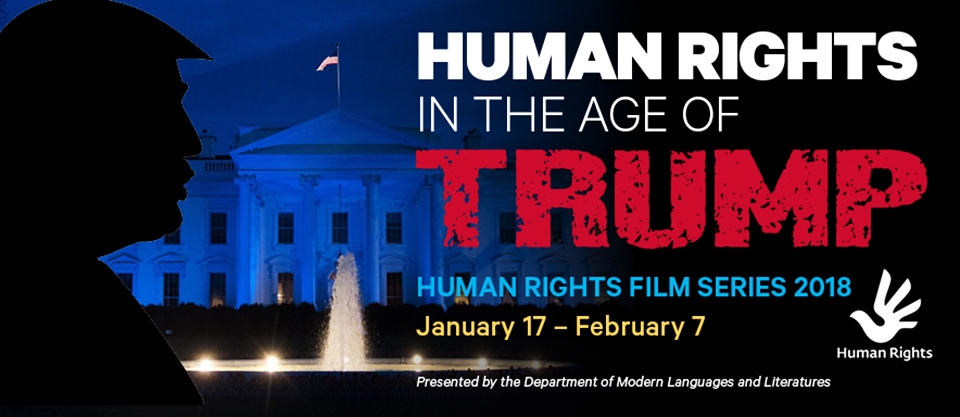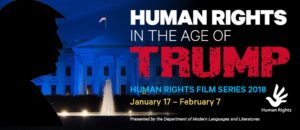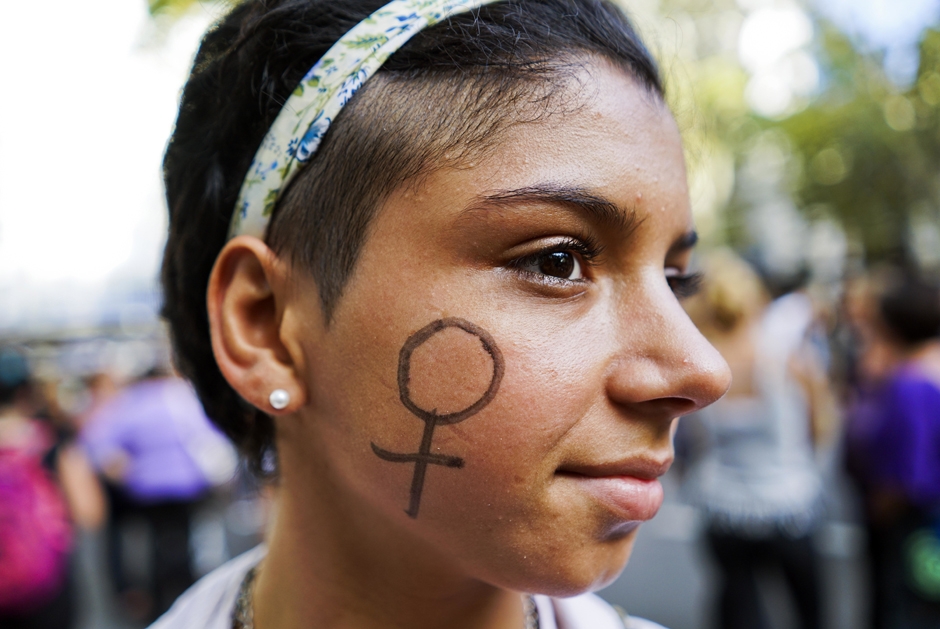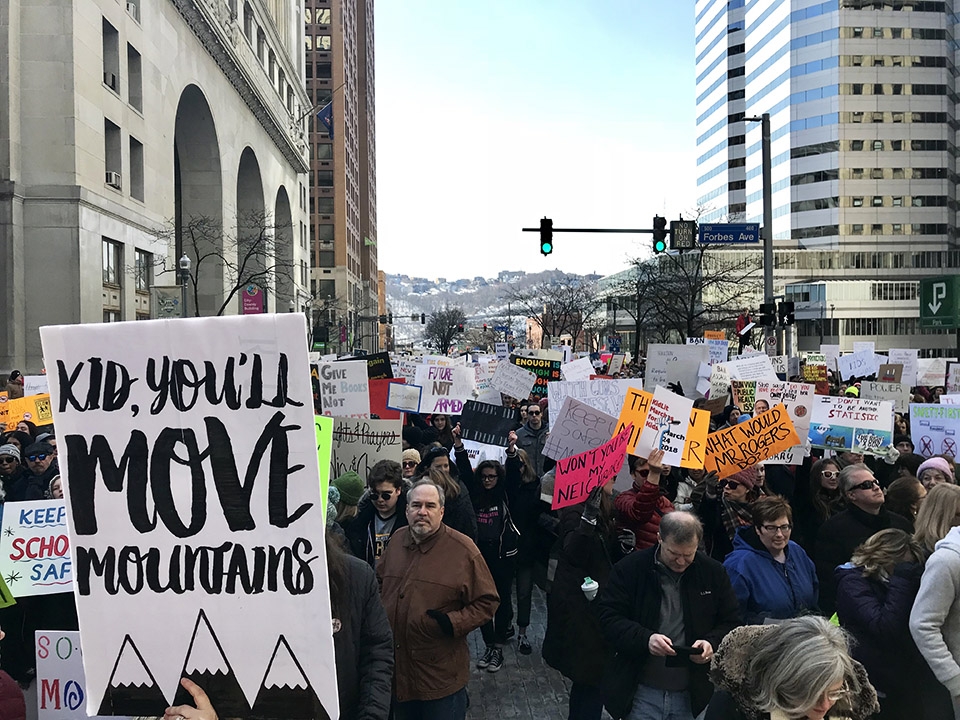

Presented by the Department of Modern Languages and Literatures at Duquesne, the human rights film series ventures to talk about terrorism, racism, climate change, immigration and freedom of the press in its four movies. Human Flow will play Wednesday, Feb. 7 at 7 p.m. in 105 College Hall.
By Joey Mueser | Staff Writer
02/01/2018
In 2006, Al Gore’s documentary, An Inconvenient Truth, swept the nation with tremendous controversy. Despite being well-sourced from a large pool of evidence, a large amount of the public dismissed the former vice president’s warnings about climate change and shrugged them off as it had in the past. In response to the growing need of public awareness, Gore took to the silver screen again to released the follow up to his first documentary, An Inconvenient Sequel: Truth To Power, in order to spur people into action.
Whether Gore will be successful in his mission is yet to be seen, but for this school on the Bluff, attempting to get people to at least listen is a good start.
The Human Rights Film Series, presented by the Department of Modern Languages and Literatures, is an event that features a handful of movies and documentaries that reflect pressing issues of the time. The annual series began 14 years ago. On the big screen in College Hall this year are 13th, An Inconvenient Sequel, Constructing the Terrorist Threat and Human Flow.
The documentaries cover topics such as racism, climate change and the refugee crisis. Previously featured topics of the series include documentaries highlighting issues regarding immigration, terrorism, gun control and women’s rights — just to name a few.
However, the title for this year’s series narrows the focus down to specifics. “Human Rights in the Era of Trump” makes no mystery of the source of the issues that lie with our nation’s leader.
For example, An Inconvenient Sequel focuses, in part, on the Paris Climate Summit. While President Barack Obama was among other nations’ leaders at the summit trying to make an agreement to fight against climate change, Trump was lamenting about the wasted time spent on compromise.
The committee behind the Human Rights Film Series diligently selected the documentaries for this year based on what topics they thought deserved a higher degree of awareness. No matter how great a film or documentary may be, however, it still may not cover all the topics of the subject at hand. This, combined with the group setting in which the moves are shown, sets up the viewers to openly discuss the films after the screenings.
Karl Stutski, one of the committee members, described the goal of the series as to have every student moved by the films and decide to take some sort of an active role in combating the issues on-screen.
Having gone to the screenings for the first two weeks, both film sessions made me want to further investigate the issue at hand, bring friends to the screenings and debate with them. The documentaries pulled some pretty raw emotions out of me and brought me to a deep level of thought — achieving what good films should.
To put things nicely, we are living in a time where there is a lot of opportunity for positive change. So, rather than sitting back, maybe taking the initiative to get educated is a better use of time.
That might be a jump for some, but that’s exactly what this film series is for: to get the ball rolling.
The last film of the series, Human Flow, will be shown on Feb. 7 in College Hall 105.




